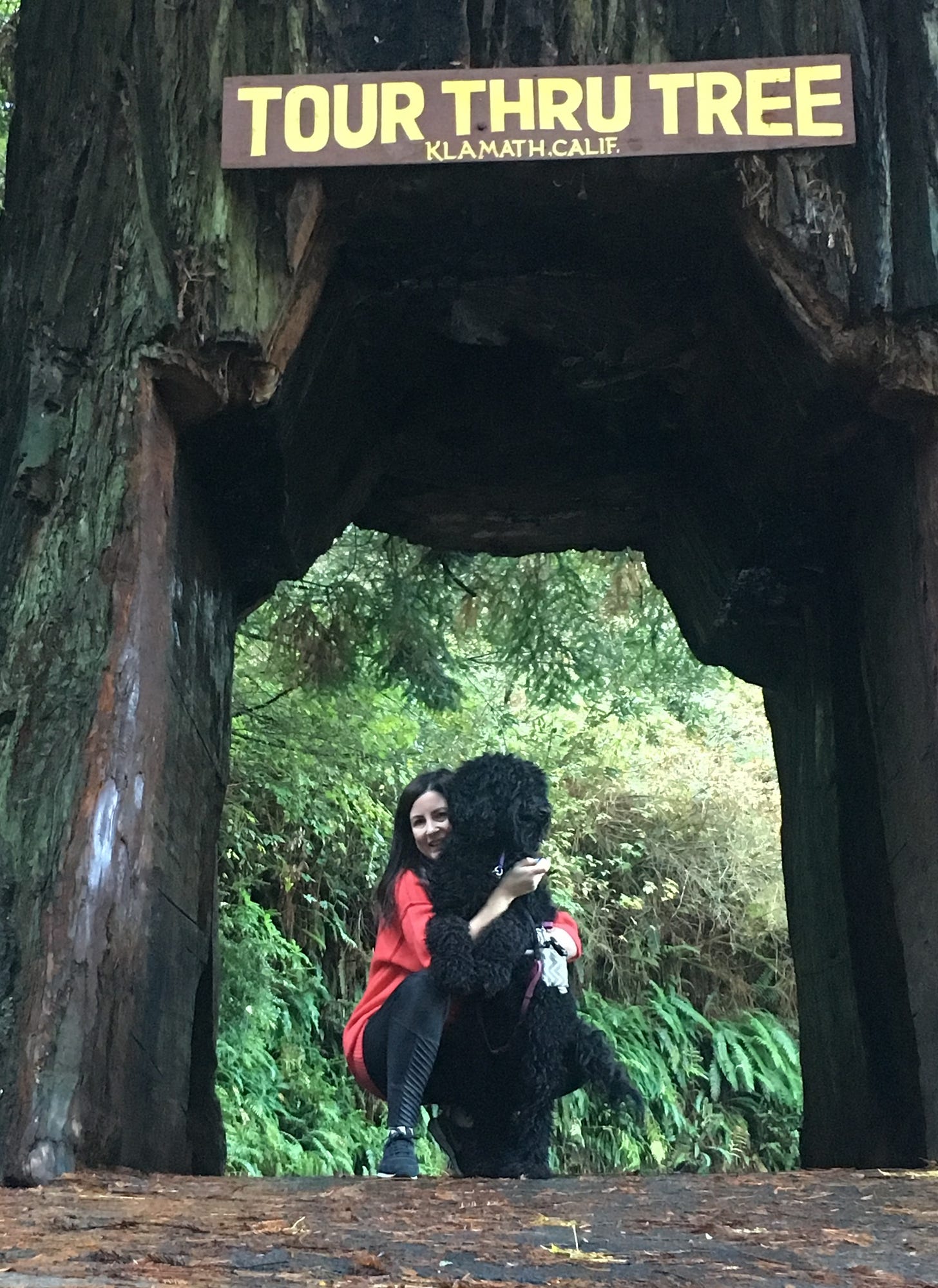Happy Friday, friends!
Before we dive in, I’d love to invite you to a couple of (free!) upcoming sessions I’m hosting on building a fractional leadership or independent consulting business. I’ll be chatting about:
How I've found clients over the last 7 years - and how I finally got out of the feast-or-famine cycle
How I structure my work to maintain boundaries and beat burnout
Lessons learned around pricing, pitching, and relationship management
I’ll also leave plenty of time for open questions and conversation. The sessions are on April 17 at 11am PT/2pm ET and April 23 at 10am PT/1pm ET - content is the same for both, so choose the session that works best for you. I’d love to see you there!
Okay, let’s get into it. The number one question that comes up when I talk to people in the early (and not-so-early) stages of building a fractional leadership or independent consulting business is how I find clients. I did a deep dive last year on where my clients have come from over the years, and today I’m getting even more specific about how I found my first few clients - and what I’d do differently if I were starting fresh today.
First, some background…
I didn’t plan to start a business. I’d been enthusiastically climbing the corporate ladder for 15 years, and I loved it - until I hit a wall. Hard. I booked a flight to Europe, spent a couple of weeks going OMG, am I really going to do this?, and then exactly two weeks before my departure, finally quit my job.
My plan was to take three months off, then start looking for my next role. I traveled to Amsterdam, Croatia, Montenegro, London, and NYC before returning to Seattle to pick up my dog and road trip down the PCH.
Soon enough, my three months were up, it was ski season, and I was not ready to trade powder days for life in an office - but I did need to have an income again. I’d freelanced as a side hustle early in my career, so I decided to see if I could pick up some projects as a way to extend my break from the corporate world.
Finding my first clients
Now all I needed was clients - preferably soon. So I went back to what had worked back in my side-hustle days: Upwork.
I found, pitched, and won a couple of small projects first. My rates were low, the clients were meh, and I learned some hard lessons about the importance of a good contract. But those small projects helped me establish a work history and some solid reviews on the platform, which helped me win some bigger projects and start increasing my rates.
Upwork directly accounted for 31% of my revenue that first year - and 100% indirectly. One of my early clients from the platform referred me out to a few more clients, and a few of those clients referred additional business my way.
While this isn’t the approach I’d take if I were to start over (knowing what I know now), it was great at the time - I had a fairly consistent income and quickly realized that I could make freelancing1 a full-time thing.
My thoughts on Upwork
Before I get into how I’d approach finding my first clients if I were to start fresh, I’ll answer another question that comes up frequently - is Upwork a good source of work?
First, a caveat: I haven’t spent much time on the platform since late 2023. I’d been off it for years, and dipped my toes back in after hearing from a couple of agency owner friends that it was a great lead source for them.
So - you can absolutely find work there, as evidenced by those friends of mine. But in my experience, you’ll spend a lot of time sifting through low-quality projects, chasing leads that go nowhere, and honing your “this seems like a scam” radar.
Many of the people posting projects seem to be looking for a deal, or shopping for the best possible work at the lowest possible rate. I find the platform itself clunky to work with, and it’s added more limitations over time - I logged in a while back to respond to an inbound request, and found that I couldn’t even send a Calendly link; I had to use Upwork’s native system to allow the lead to book a call.
The platform also charges a 10% fee on all work, though this is shifting to a variable fee in May. To me, paying 10% in perpetuity and dealing with the hassles of the platform just isn’t worth it.
What I’d do differently now
A quick reminder that I’ve turned on paid subscriptions and will be reserving the details of how I do business for paid subscribers. I’ll still be sharing plenty of free content (especially the info I wish I’d had when I was getting started), but as this newsletter has grown beyond my immediate network, sharing the deeper behind-the-scenes content with a smaller group feels right for me.




